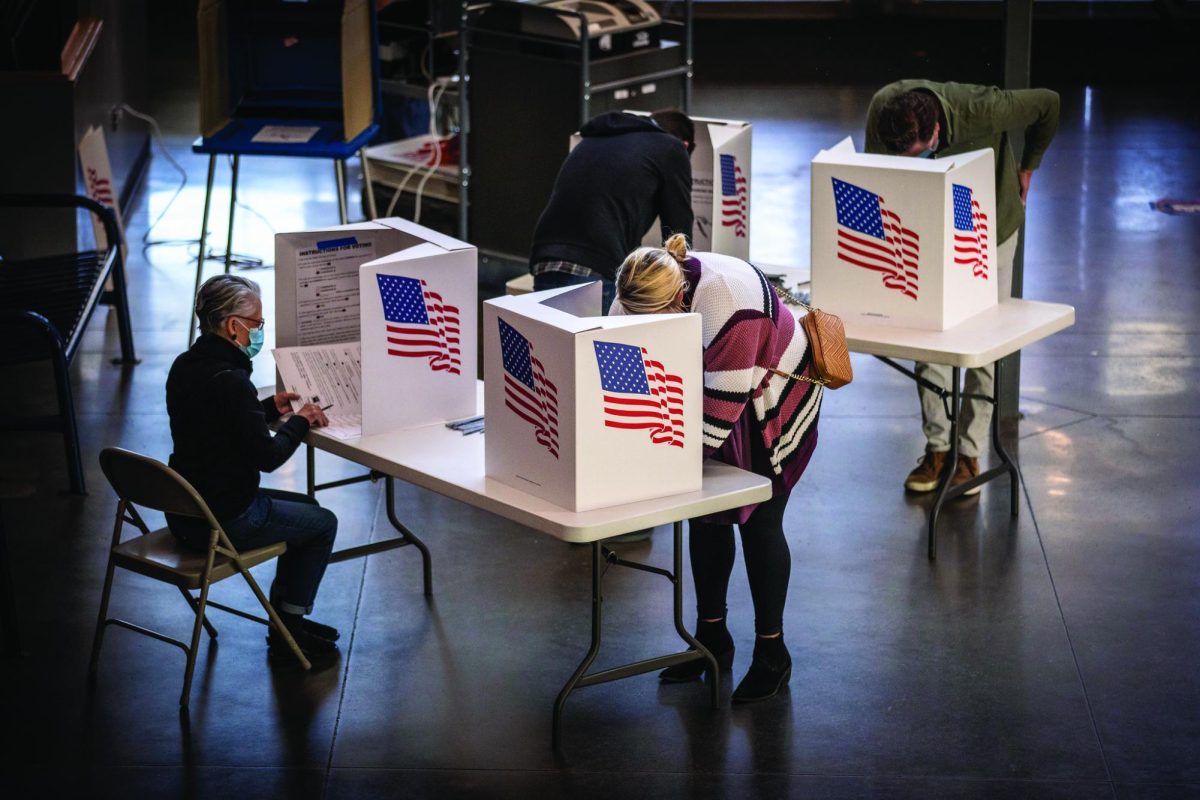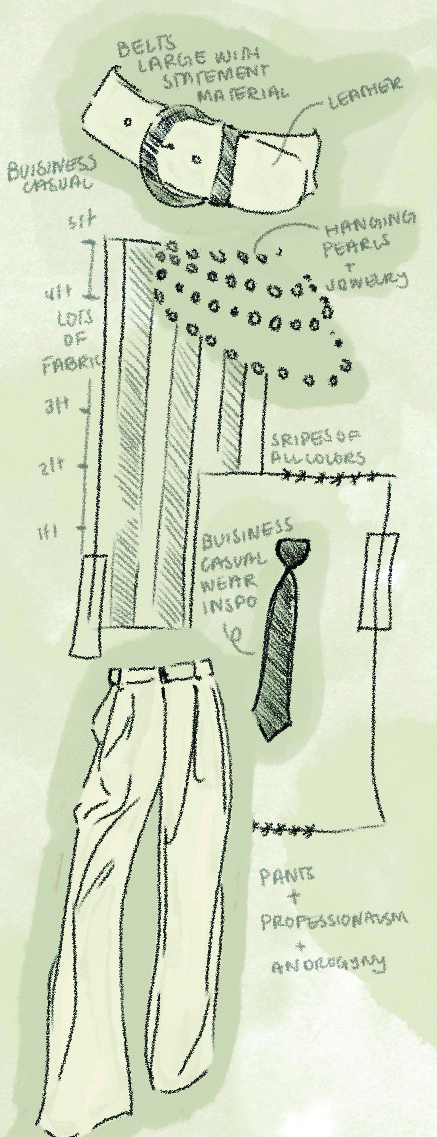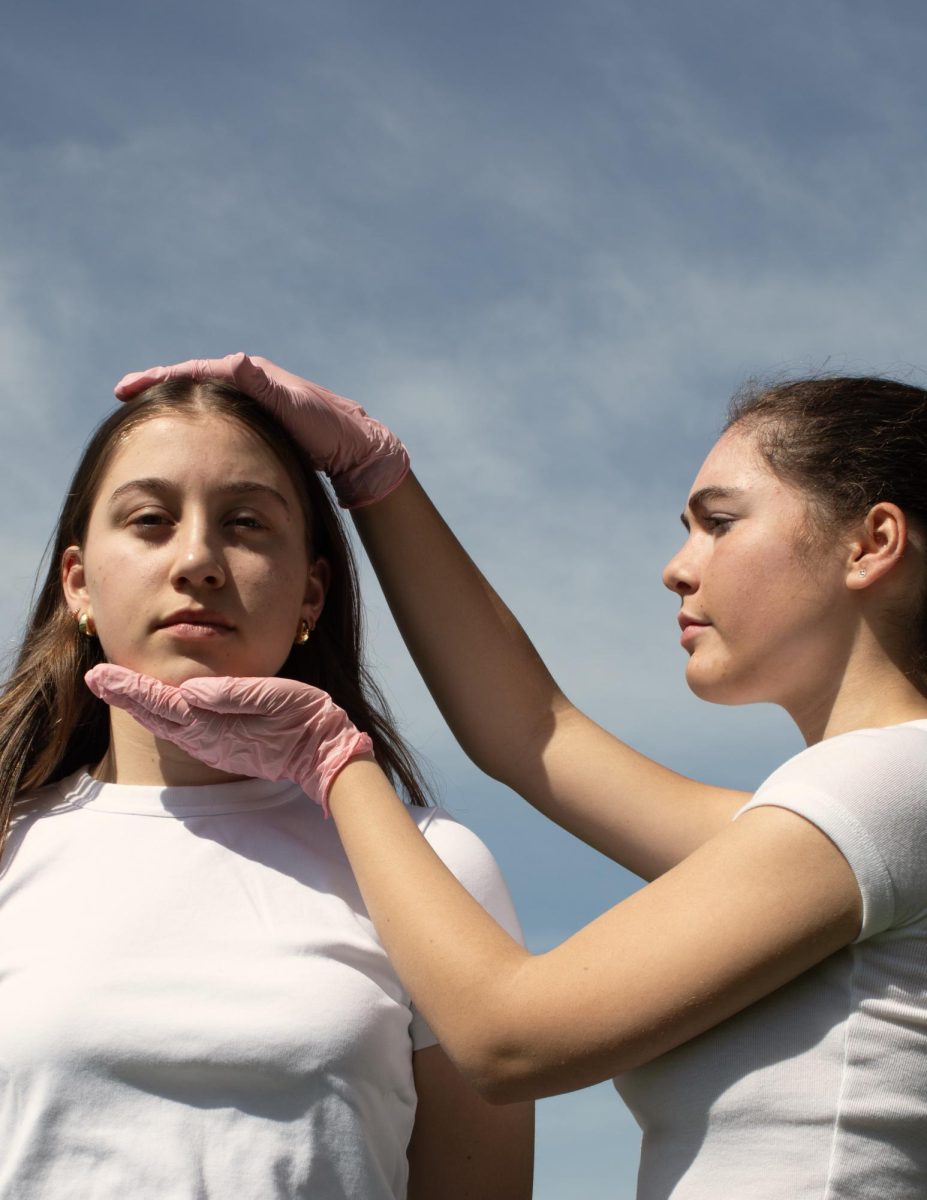 Gay and lesbian teens are two to three times more likely than straight teens to commit suicide. Students who identify as lesbian, gay, bisexual or transgendered (LGBT) are five times more likely to miss school because they feel unsafe after being bullied due to their sexual orientation. Since October 2010, when five gay students in the U.S. committed suicide within the course of three weeks, bullying of LGBT youth has splashed across the front pages and home pages of newspapers, magazines and blogs. Nationally-syndicated sex ad¬vice columnist Dan Savage started the “It Gets Better” project to help LGBT youth connect and come to understand that the future holds happiness, positivity and love, inspiring more than 25,000 user-created videos. Pro-equality campaigns like this one have inspired local, state and federal legislatures to reevaluate an¬ti-bullying policies, and now, the CA State Senate is leading the way with critical re¬forms combating discrimination against LGBT children and adolescents.
Gay and lesbian teens are two to three times more likely than straight teens to commit suicide. Students who identify as lesbian, gay, bisexual or transgendered (LGBT) are five times more likely to miss school because they feel unsafe after being bullied due to their sexual orientation. Since October 2010, when five gay students in the U.S. committed suicide within the course of three weeks, bullying of LGBT youth has splashed across the front pages and home pages of newspapers, magazines and blogs. Nationally-syndicated sex ad¬vice columnist Dan Savage started the “It Gets Better” project to help LGBT youth connect and come to understand that the future holds happiness, positivity and love, inspiring more than 25,000 user-created videos. Pro-equality campaigns like this one have inspired local, state and federal legislatures to reevaluate an¬ti-bullying policies, and now, the CA State Senate is leading the way with critical re¬forms combating discrimination against LGBT children and adolescents.
Authored by openly gay State Sen¬ator Mark Leno (D-San Francisco), the Fair, Accurate, Inclusive and Respectful Education Act (Senate Bill 48)—which requires all California public schools to teach the historical contributions made by LGBT groups and individuals—was signed into law in Jul. 2011 by Gov. Jerry Brown and will take effect Jan. 1, 2012.
Currently, educators across the state are struggling to determine how exactly to integrate LGBT history and civil rights lessons into curricula from Kindergarten to 12th Grade. More¬over, while the adults bicker about religion and politics and teachers and administrators from Pomona to Pacific Palisades attempt to assuage parental doubts and fears, a generation of teen¬agers wrestling with their sexuality remains silenced in the back of class¬rooms across America.
Are people still resisting?
Before the bill was even passed, numerous groups fervently resisted the proposed law on religious as well as political grounds; now that the bill has become law, many are still fighting to overturn this contro¬versial legislation in order to curtail discussion of LGBT topics in schools.
A group of activists calling them¬selves “Stop SB 48” filed paperwork with the state on Jul. 19 to start a peti¬tion drive for a ballot measure that would oblige the State Legislature to reevaluate the bill. In order to get a referendum on the ballot for 2012, the group needed to collect signa¬tures from 504,760 registered Cali¬fornia voters by Oct. 12, but the cam¬paign proved unsuccessful.
A religious coalition called Catho¬lics for the Common Good continues to oppose the bill on religious grounds, fearing that SB 48 will sexualize educa¬tion.
“As a Christian, I am deeply of¬fended, because the bill draws atten¬tion to the sexuality of people in histo¬ry, when in reality, a person is so much more than that,” Catholics for the Com¬mon Good President Bill May said.
However, not all of the bill’s oppo¬nents disagree with SB 48 because they perceive homosexuality as unnatural or immoral. The LA Times published two editorials in April explaining why the bill should not pass. Nick Goldberg, Editorial Pages Editor at the Times, said the Editorial Board continues to oppose SB 48 because they object to the con¬tinuing politicization of schools.
“Schools should teach not only about LGBT people but also about their strug¬gle against discrimination, just as schools should teach about African-Americans, Native Americans, and other [minority] groups,” Goldberg said. “However, deci¬sions about what students ought to learn are best made by those with the deepest understanding of what goes on in a class¬room: scholars, teachers, educators—not politicians, whose interests are by defini¬tion political.”
Some concerned parents have even gone to the extent of pulling their kids out of California public schools. Dr. Emily Hobson, a lecturer in the De¬partment of American Studies and Eth-nicity at USC who specializes in queer studies and LGBT history, and Ange-Marie Hancock, Associate Professor of Political Science and Gender Studies at USC, both said that parents should not have the right to opt out.
“If we don’t allow students to opt out of Black History Month or Latino Heritage Month or Women’s History Month, why would we allow them to opt out of classes that talk about LGBT his¬tory?” Hancock said.
Hobson also suggested that if schools are facing “conscientious objec¬tors,” administrators should hold public meetings featuring a panel of LGBT his¬torians from local universities and repre-sentatives from a group like PFLAG (Par¬ents, Families & Friends of Lesbians and Gays) in order to raise awareness.
“I teach LGBT history routinely, and I actually rarely find it controversial,” Hobson said. “My college students al¬ways express disappointment, frustra¬tion and regret that they never encoun-tered any of this history before college. In essence, SB 48 cannot go back and fix the gaps in their K-12 learning, but it can help their younger siblings, cous¬ins, and future generations.”
What to teach?
Confusion about what exactly is supposed to be taught under SB 48 has left many teachers and administrators overwhelmed.
LGBT his¬tory, a well-defined field of study estab¬lished four de¬cades ago, can be defined as the history of LGBT people and communities, the laws and social norms that regulate sexuality, the so¬cial movements in which LGBT people made significant contributions and cultural changes that helped achieve LGBT rights.
But what does that mean in terms of SB 48? Will students study the LGBT resistance to police ar¬rests in the Stonewall riots of 1969 alongside Rosa Parks’ refusal to sit in the back of the bus? According to a report issued by the California Department of Education (DOE) on Aug. 31, local districts will deter¬mine how instructional content is included into history and social sci¬ence curricula. Some proponents of FAIR worry that SB 48 could be sub¬ject to individual beliefs and biases.“In the case of homophobic teachers, SB 48 will simply become a platform for anti-gay views,” Hobson said.However, other educators, including History Department Head Catherine Atwell, say that legislation like SB 48 could provide a platform for change.
Many Marlborough students say they think the state-wide curricular changes will reduce bullying, create a safer, more nurturing academic en¬vironment and combat homophobia.
“LGBT youth often feel as if they have no presence in history, and it will be tremendously helpful to many of them to see a wide, diverse repre¬sentation across all lines of race, class, gender and ethnicity,” Alliance Co-President Phoebe Benya ’12 said.
While May of Catholics for the Common Good says the law pro¬motes a “homosexual agenda,” edu¬cators like Hobson said instruction under SB 48 does not force students to endorse homosexuality.
“Those who claim that students will be ‘brainwashed’ either have no faith in children’s intelligence or are trying to play on fears of child molestation, which is actually over¬whelmingly committed by hetero¬sexual men!” Hobson said.
What about the little ones?
According to the DOE report, FAIR calls for “age-appropriate” lessons and allows school districts to determine what’s suitable for each classroom based on parent and teacher input. However, many elementary school educators say they are scrambling to decide how to integrate LGBT topics into the curriculum, for some parents and teachers say such topics are too sensitive to discuss in young¬er grade levels.Kari Chi, who has taught fifth grade at Warner Elementary School for the past eight years, said that faculty there have not yet discussed SB 48, and she said she would not be surprised if the administra¬tion never formally addresses the bill. “I think it’s definitely a topic that nobody wants to bring up,” Chi said. As contro¬versial as this law may be, Chi said she feels obligated to talk about SB 48 with her students, just as she included a dis-cussion about Prop. 8 into a lesson plan a few years ago. Still, Chi said she worries about discussing politics in the classroom.“LGBT issues are taught so differently in every home that I don’t want to give con¬flicting messages to my students,” Chi said. “Yet at the same time, I have a stu¬dent this year who has two gay parents, and she has a lot of issues with it because she wants a mom and feels left out, and I really want to help her by talking about LGBT issues… SB 48 is now going to make things easier for me.”
According to the Safe Schools Co¬alition, an educational support group for LGBT youth, the only age-appro¬priate lessons for elementary school students involve validating diverse family structure, dispelling gender stereotypes and recognizing bullying.
“If it were to move beyond that, we would address it as a breach of devel¬opmentally appropriate instruction,” Principal of Wonderland Avenue El¬ementary School Don Wilson told the Times.
Professor Hancock disagreed, say¬ing that there are ways to include LGBT topics without directly addressing sexuality or unresolved political con¬troversies such as same-sex marriage.“Young kids, for example, can learn about famous figures like former San Francisco Mayor Harvey Milk,” she said.
Although SB 48 will not affect Marl¬borough, the School has made a more conscientious effort in recent years to increase awareness of LGBT issues.
In 2003, Drama Ensemble per¬formed The Laramie Project, a play about a small town’s reaction to the 1998 murder of University of Wyoming student Matthew Shepard.
Performing Arts Department Head Anne Scarbrough said the School used the production as a platform to address issues of hate crime and prejudice.
“At first, I was concerned that the play would not be well-received by parents and adults since it portrays some real difficult circumstances,” Scarbrough said. “However, the pro¬duction turned out to be a wonder¬ful experience…Such support made me really proud to be a part of the Marlborough community.”
English instructor and Alliance faculty advisor Deborah Banner said that education leads to toler¬ance, and legislation such as SB 48 might break down barriers standing in the way of full equality for LGBT in¬divdiuals.
“As teachers, we look to see how we can provide students with multiple perspectives,” Banner said. “In my opinion, Marlborough has already succeeded in spread¬ing the messages of equal¬ity, inclusion and integ¬rity, which SB 48


















